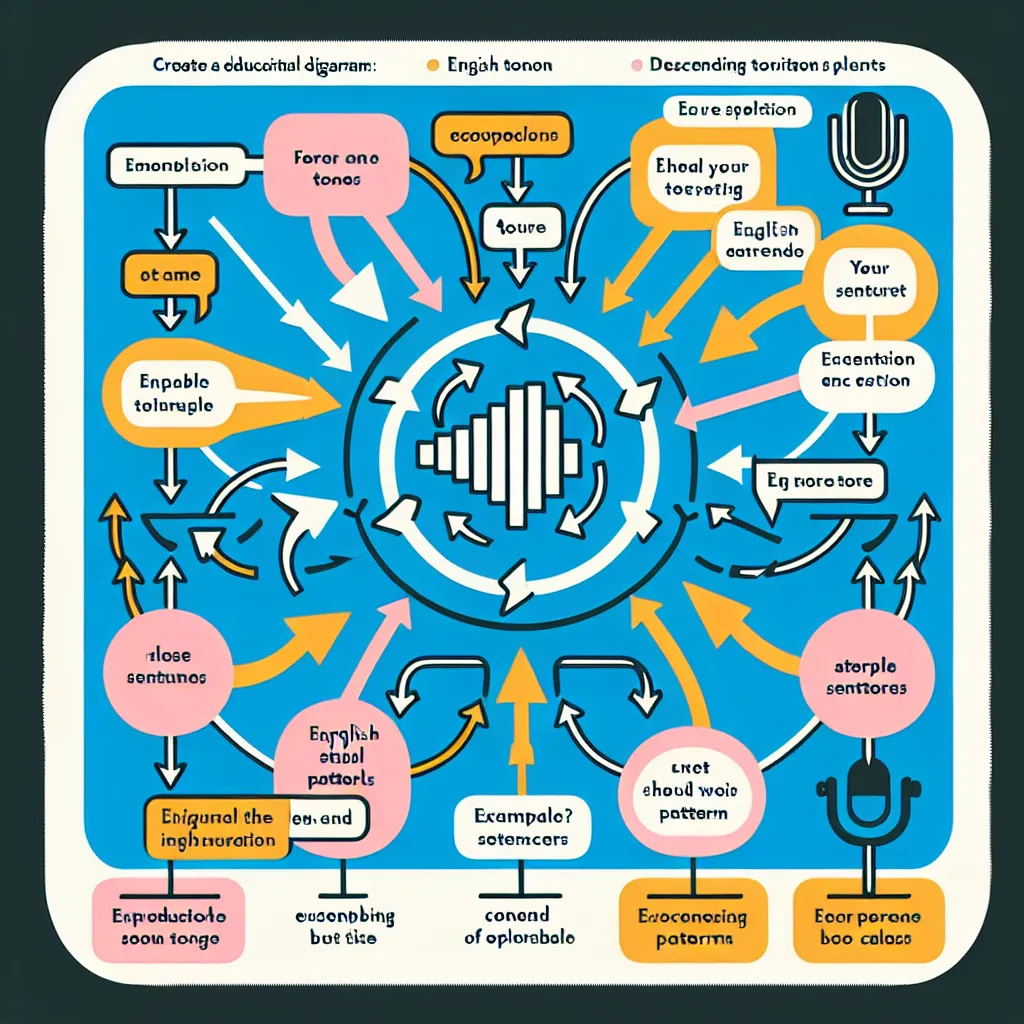Public speaking can be challenging, especially when it comes to mastering English pronunciation. Whether you’re a non-native speaker or simply looking to refine your accent, this guide will help you improve your pronunciation skills and boost your confidence on stage.
Understanding the Importance of Pronunciation in Public Speaking
Proper pronunciation is crucial in public speaking as it directly impacts your audience’s ability to understand and engage with your message. When you speak clearly and confidently, you:
- Enhance credibility and professionalism
- Improve audience comprehension
- Reduce misunderstandings and distractions
- Increase overall impact of your presentation
Key Components of English Pronunciation
To master English pronunciation for public speaking, it’s essential to understand and practice these fundamental elements:
- Vowel and consonant sounds
- Stress and intonation
- Rhythm and timing
- Connected speech
 English Pronunciation Components
English Pronunciation Components
Effective Strategies for Improving Pronunciation
1. Listen and Imitate Native Speakers
One of the most effective ways to improve your pronunciation is by listening to and imitating native speakers. This method helps you internalize the natural rhythm and intonation of English speech.
Tips:
- Watch English news broadcasts, TED Talks, or podcasts
- Pay attention to the speaker’s mouth movements and try to replicate them
- Record yourself and compare your pronunciation to the original speaker
2. Practice with Phonetic Transcriptions
Understanding phonetic symbols can greatly enhance your pronunciation skills. The International Phonetic Alphabet (IPA) provides a standardized way to represent sounds in any language.
Steps to practice:
- Learn the basic IPA symbols for English sounds
- Use online dictionaries that provide phonetic transcriptions
- Practice pronouncing words using their phonetic spellings
For more in-depth information on using phonetics to improve pronunciation, check out our article on how to improve pronunciation using phonetics.
3. Focus on Stress and Intonation
English is a stress-timed language, meaning that stressed syllables occur at regular intervals. Mastering stress patterns and intonation is crucial for natural-sounding speech.
Exercises:
- Practice emphasizing the correct syllables in multi-syllable words
- Learn and apply common intonation patterns for statements, questions, and exclamations
- Use stress to highlight important words in your sentences
4. Utilize Tongue Twisters and Pronunciation Drills
Tongue twisters and pronunciation drills can help you practice specific sounds and improve your overall articulation.
Examples:
- “She sells seashells by the seashore” (for /ʃ/ and /s/ sounds)
- “How much wood would a woodchuck chuck if a woodchuck could chuck wood?” (for /w/ and /ʊ/ sounds)
Practice these daily to strengthen your pronunciation muscles and improve your clarity in public speaking.
5. Record and Analyze Your Speech
Recording yourself speaking and then analyzing your pronunciation can be incredibly insightful. This method allows you to identify areas for improvement and track your progress over time.
Steps:
- Record yourself giving a short speech or reading a passage
- Listen carefully to your recording, noting any pronunciation issues
- Compare your speech to native speaker recordings
- Focus on improving specific sounds or patterns in your next practice session
For more tips on improving pronunciation for public speaking, visit our article on how to improve pronunciation in public speaking.
Common Pronunciation Mistakes in Public Speaking
Being aware of common pronunciation errors can help you avoid them in your own speech. Here are some frequent mistakes and how to correct them:
-
Th-fronting: Pronouncing “th” as “f” or “v” (e.g., “fink” instead of “think”)
Correction: Practice placing your tongue between your teeth for proper “th” sounds -
Final consonant deletion: Dropping the last consonant in words (e.g., “goin'” instead of “going”)
Correction: Exaggerate the final consonants when practicing to build muscle memory -
Vowel confusion: Mixing up similar vowel sounds (e.g., “ship” vs. “sheep”)
Correction: Study the specific mouth positions for each vowel sound and practice minimal pairs -
Incorrect word stress: Placing emphasis on the wrong syllable (e.g., “DEvelop” instead of “devELop”)
Correction: Learn the stress patterns for different word types and practice with a stress-marking system -
Lack of sentence stress: Not emphasizing the key words in a sentence
Correction: Identify and stress content words (nouns, verbs, adjectives, adverbs) while de-emphasizing function words (articles, prepositions, pronouns)
The Phonemic Chart and Commonly Mispronounced Words
Understanding the phonemic chart can significantly improve your pronunciation skills. Here’s a simplified version of the English phonemic chart:
Vowels: /iː/ /ɪ/ /e/ /æ/ /ʌ/ /ɑː/ /ɒ/ /ɔː/ /ʊ/ /uː/ /ɜː/ /ə/
Diphthongs: /eɪ/ /aɪ/ /ɔɪ/ /əʊ/ /aʊ/ /ɪə/ /eə/ /ʊə/
Consonants: /p/ /b/ /t/ /d/ /k/ /g/ /f/ /v/ /θ/ /ð/ /s/ /z/ /ʃ/ /ʒ/ /h/ /tʃ/ /dʒ/ /m/ /n/ /ŋ/ /l/ /r/ /j/ /w/
Here are 10 commonly mispronounced words related to public speaking, along with their correct pronunciations:
- Pronunciation: /prəˌnʌnsiˈeɪʃn/ (not “pro-noun-ciation”)
- Specific: /spəˈsɪfɪk/ (not “pacific”)
- Probably: /ˈprɒbəbli/ (not “probly”)
- Particularly: /pəˈtɪkjələli/ (not “particuly”)
- Comfortable: /ˈkʌmftəbl/ (not “comf-ter-bull”)
- Etcetera: /etˈsetərə/ (not “ek-cetera”)
- Asked: /ɑːskt/ (not “aks-ed”)
- Scenario: /səˈnɑːriəʊ/ (not “see-nar-ee-o”)
- Miscellaneous: /ˌmɪsəˈleɪniəs/ (not “miss-uh-lane-ee-us”)
- Phenomenon: /fəˈnɒmɪnən/ (not “phenom-ee-non”)
Practice these words regularly to improve your overall pronunciation in public speaking contexts.
 Phonemic Chart Practice
Phonemic Chart Practice
Conclusion
Mastering English pronunciation for public speaking is a journey that requires dedication and consistent practice. By focusing on key pronunciation elements, utilizing effective learning strategies, and being aware of common mistakes, you can significantly improve your spoken English and deliver more impactful presentations.
Remember that improvement takes time, so be patient with yourself and celebrate small victories along the way. For more resources on improving your English pronunciation, check out our articles on how to practice pronunciation with interactive language apps and how to improve pronunciation with English radio shows.
Keep practicing, stay motivated, and soon you’ll find yourself speaking with greater confidence and clarity in all your public speaking engagements!




